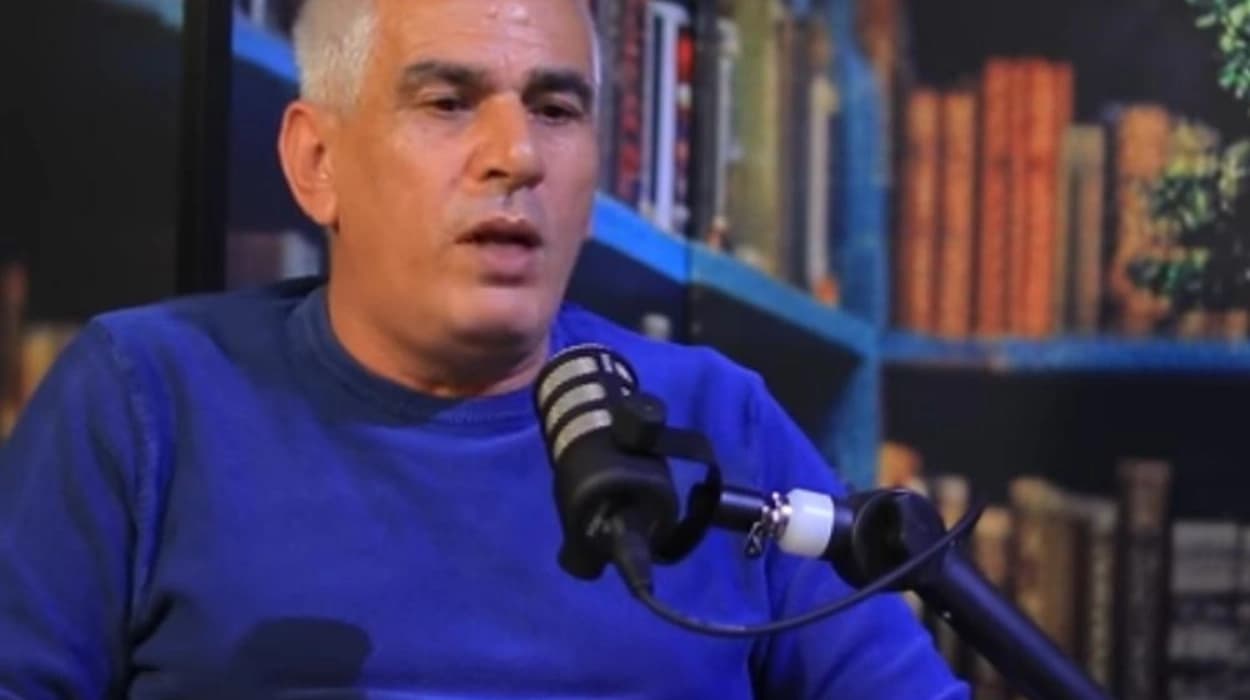Key Points
- Israel
has arrested the editor-in-chief of a Palestinian news agency in Ramallah.
- The
arrest took place amid heightened tensions and security operations in the
region.
- The
Palestinian news agency confirmed the detention but did not disclose
detailed reasons.
- Israeli
authorities have not publicly commented on the arrest.
- The
incident has raised concerns over press freedom and media suppression in
Palestinian territories.
- The
arrest follows a series of crackdowns and curfews imposed in various
cities.
- International
observers and media watchdogs have called for transparency and respect for
journalistic rights.
What happened in Ramallah regarding the Palestinian news
agency editor-in-chief?
As reported by Geo News on 8 July 2025, Israeli forces
arrested the editor-in-chief of a prominent Palestinian news agency in
Ramallah, the administrative capital of the West Bank. The detention occurred
during a broader security crackdown, which included the imposition of curfews
and multiple arrests targeting various groups in the region. The
Palestinian news agency confirmed the arrest but refrained from providing
further details about the circumstances or the charges involved.
Who is the arrested editor-in-chief and what is known
about the arrest?
The identity of the editor-in-chief has been withheld by the
Palestinian news agency for security reasons, but sources close to the agency
confirmed the individual’s role and detention. The arrest reportedly took place
without prior warning, suggesting a targeted operation by Israeli security
forces. Geo News coverage highlighted that this arrest is part of an ongoing
pattern of actions against Palestinian media personnel, raising alarms about
the shrinking space for independent journalism in Palestinian territories.
Why has Israel arrested the editor-in-chief, and what
reasons have been given?
Israeli authorities have not issued any official statement
regarding the arrest, leaving the reasons unclear. However, analysts and local
observers speculate that the detention is linked to the editor’s reporting on
sensitive security and political issues, which may have been perceived as
critical of Israeli policies. This aligns with a broader context of increased
tensions and security operations in the West Bank, where Israeli forces have been
conducting raids and arrests under the pretext of maintaining order.
How has the Palestinian community and international
observers reacted to the arrest?
The arrest has drawn condemnation from Palestinian officials
and media rights organisations, who view it as an infringement on press freedom
and an attempt to silence dissenting voices. Human rights groups have called on
Israel to release the editor-in-chief immediately and ensure the protection of
journalists working in conflict zones. International media watchdogs have also
urged for transparency and adherence to international laws protecting freedom
of expression.
What is the broader context of security operations in the
region at this time?
The arrest coincides with a series of security measures
implemented by Israeli forces, including curfews and crackdowns on what
authorities describe as organised crime and militant networks. Geo News
reported on 8 July 2025 that multiple cities have been placed under curfew as
part of a large-scale operation targeting organised beggar mafias and other
groups, indicating a heightened security posture in the region1. These
operations have resulted in numerous arrests and increased tensions between
Israeli forces and Palestinian residents.
What implications does this arrest have for press freedom
in Palestinian territories?
This incident underscores the precarious situation for
journalists operating in Palestinian areas, where reporting on political and
security issues often leads to harassment, detention, or worse. The arrest of
an editor-in-chief, a senior media figure, signals a worrying trend of media
suppression that could further restrict the flow of information and undermine
democratic principles. Media experts warn that such actions may discourage
critical reporting and foster self-censorship among journalists.
What steps are being called for to address this
situation?
Media rights organisations and international bodies have called for immediate and transparent investigations into the arrest. They advocate for the protection of journalists’ rights and urge Israeli authorities to respect international norms relating to freedom of the press. Additionally, there are calls for diplomatic engagement to address the broader issues of media freedom and human rights in the Palestinian territories.
